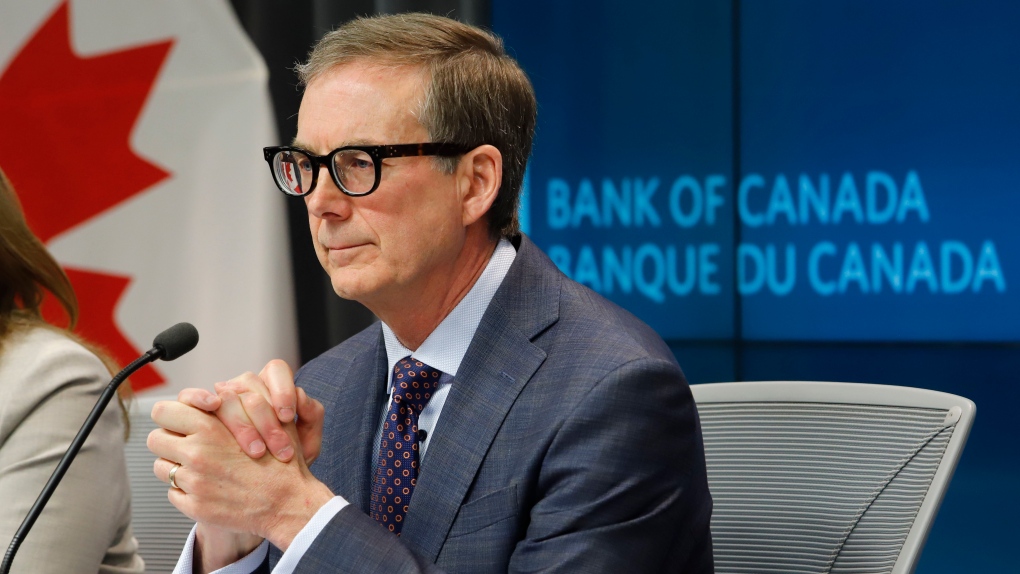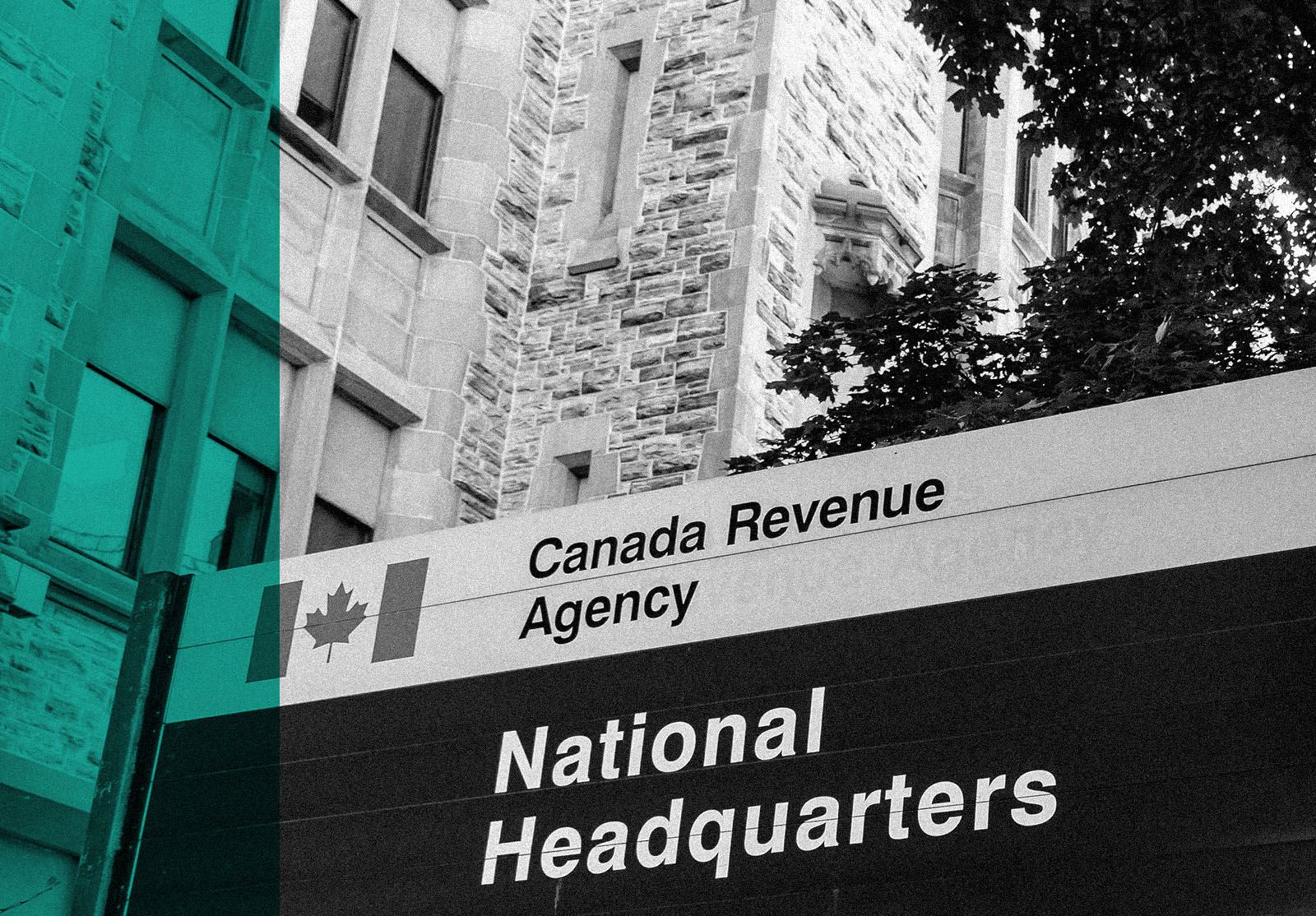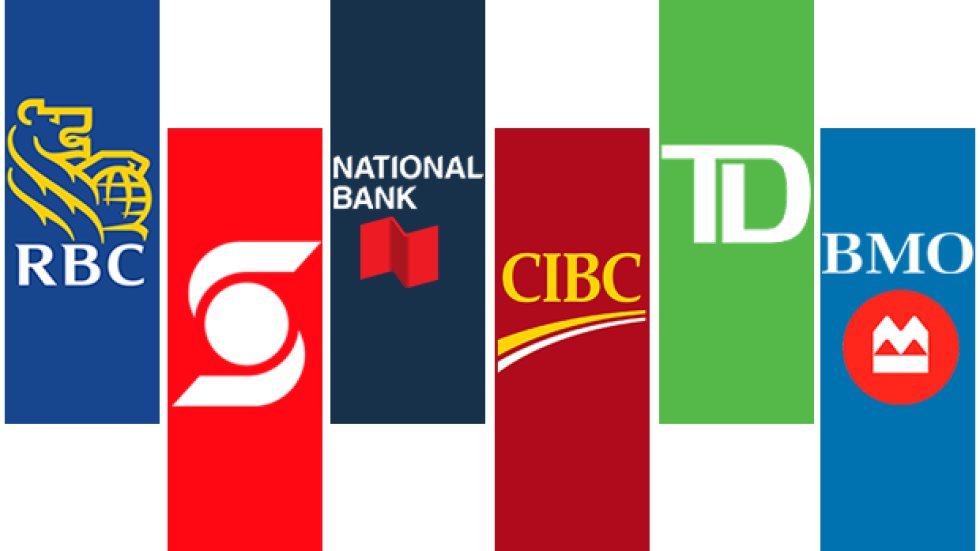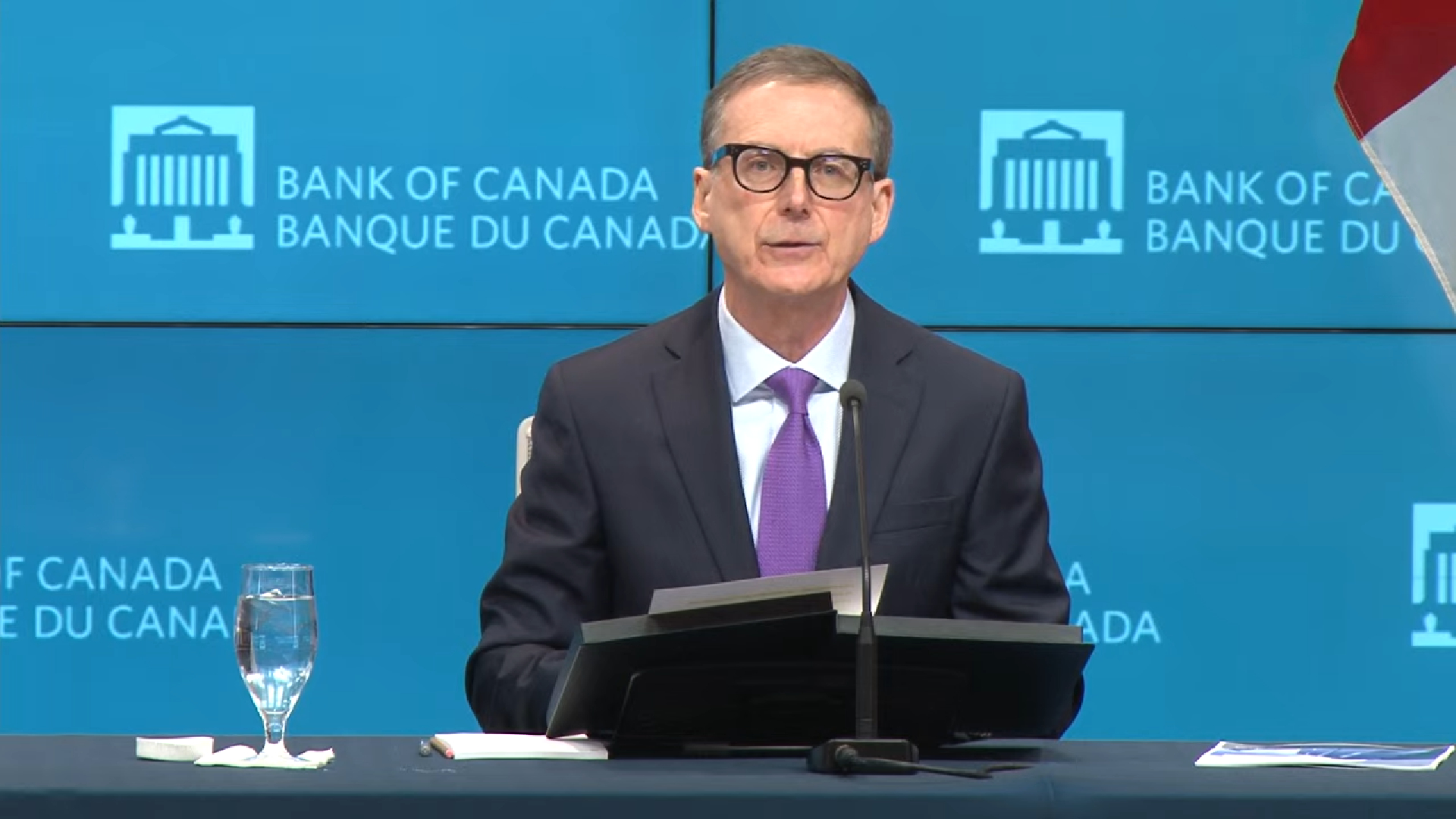
The large number of mortgages coming up for renewal at higher rates is one reason why the Bank of Canada decided to leave its target rate unchanged at 5.00% last month. Bank of Canada Governor Tiff Macklem made the comment Wednesday while testifying before the Standing Senate Committee on Banking, Commerce and the Economy. “One of the important reasons why we held our policy rate at 5% is that we know that those renewals are coming…we know that there’s more to come from what we’ve already done,” Macklem said. “Is there a risk that it bites more than we think? Yes, there is,” he added. “But there’s also a risk that households have some extra savings, they’re able to [handle those payments] and still consume. So we’re trying to balance [those risks].” Analysts estimate about $251 billion in mortgages will come up for renewal in 2024, with another $352 billion worth in 2025. According to the Bank’s own data, 40% of mortgage-holders have already seen their mortgage renew at a higher rate. Senior Deputy Governor Carolyn Rogers noted consumer surveys and news reports are highlighting some of the extreme cases of stress where borrowers are renewing at “significantly higher” rates. But she also told the senate committee that the Bank’s data paints a different picture of households so far being able to manage their payments. “When we look at the data that we monitor to see the degree of stress that’s being put on households—certainly there’s pressure and we wouldn’t want to minimize it—but we’re not seeing anything in the data that would suggest that households are under a significant increase in the amount of stress,” she said. She pointed to delinquencies, which, while rising slowly, still remain below pre-pandemic levels. Rogers added that many homeowners have so far been able to manage higher monthly payments thanks in part to excess savings they had accumulated during the pandemic. “A lot of Canadians are actually paying down their mortgage or taking some of that savings and paying down the mortgage, either in a lump sum or that savings is helping them support higher payments.” She also pointed to higher wages and the fact that many households have seen the value of their home equity increase as other factors that have helped them deal with higher rates. Both Macklem and Rogers faced wide-ranging questions from senators, covering everything from the share of investor purchases of Canadian real estate to the impact of the carbon tax on inflation. Similar to a line of questioning he received on Monday during testimony before the House of Commons finance committee, Macklem was asked about potential breaches of the Bank of Canada’s independence in recent weeks. Specifically, Senator Pamela Wallin cited comments by Deputy Prime Minister Chrystia Freeland (that last month’s rate hold was welcome relief for Canadians) and letters from provincial premiers advising the Bank to stop hiking rates, and asked Macklem if they posed a risk to the Bank being able to conduct its monetary policy independently and effectively. Here’s how Macklem responded: “Do I think they pose a risk to the independence of the bank? No, I don’t. I can assure this committee that we make our decisions independently…Do I think the letters, for example, that I’ve been getting from the premiers, which I received in a new round recently, do I think those could be feeding the impression with some Canadians that the Bank of Canada is [being influenced by] the government. Yes, that does concern me. [and] I did express that to the premiers.” Macklem: “Our estimate…is that it’ll increase inflation by 0.15 percentage points per year. So that’s a pretty small number per year. The second question, which we’re often asked, is what would happen to inflation if the carbon tax was eliminated? In our estimate, the direct effect of that on inflation would be it would cut inflation by 0.6 percentage points for one year.” Macklem: “The foreign investors were a bigger part of the market and a variety of measures have really reduced the foreign investor issue. It’s now more of a domestic issue.” “Investors are attracted by immediate returns. And so when things look like they’re going up, it draws them in. Now, as prices start to come down, you start to see that come down. It’s pretty difficult to predict exactly where prices are going to go forward. But I think some of that investor froth has been taken out with house prices coming back down.” Macklem: “I think the more monetary and government fiscal policy are rowing in the same direction, the easier it’s going to be to get inflation back to its target…and yes, [government fiscal policy] does have consequences for interest rates.” Macklem: “Our forecast is for very small growth. When you’re forecasting very small positive [quarters], you can’t rule out some small negative [quarters]. So, yes, we could get, you know, two or three quarters of small negatives. “But when people say the word recession, I think what…they remember what a recession feels like, it feels like a big contraction in output [and] a big increase in unemployment. But that’s not what we’re forecasting. That’s what we’re trying to avoid. And we don’t think we need a severe recession to get inflation down.” Macklem was asked whether Canada’s neutral rate—the real interest rate that supports the economy at full employment/maximum output while keeping inflation constant—is now potentially higher than the Bank’s 2% target. Macklem said that while it’s possible, he also said the neutral rate can’t be quantified, only estimated. “The neutral rate is very hard to quantify. People are putting numbers on it, I don’t think we can put a number on it. I think, directionally, it’s probably going up, but it’s very hard to know how much…[but] of the things that keep me up at night, that’s not really one of them, because I actually think our framework is reasonably well designed.” Source: Canadian Mortgage Trends https://www.mortgageweb.ca/en-US/16943Testimony highlights
The independence of the Bank of Canada
What’s the carbon tax’s impact on inflation?
What are the impacts of investor purchases of Canadian real estate?
Fiscal vs. monetary policy
Has Canada entered a technical recession?
What keeps Tiff Macklem up at night? (Hint: not the neutral rate)







